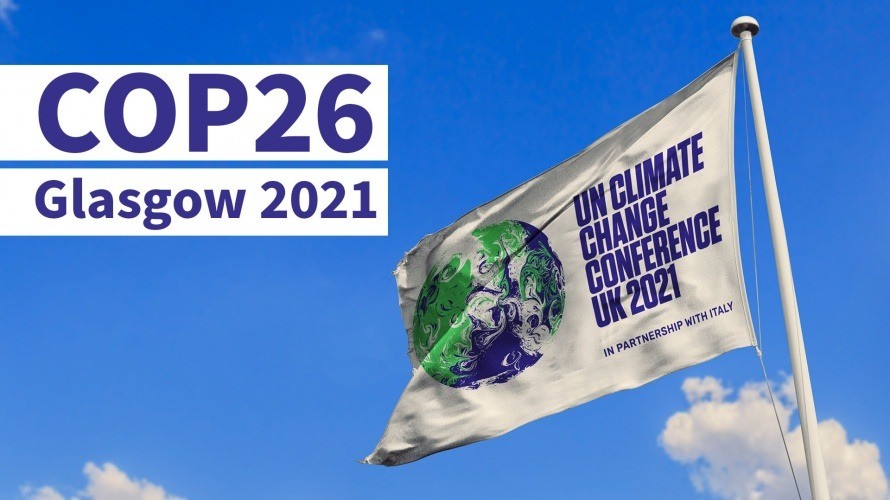With 96% of Australian Gen Zs believing climate change is caused by humans, it’s safe to assume that they expect humans to do something about it.
“Acting on climate change is so important,” an 18-year-old female from Queensland told us in our Gen Z & Corporate Activism report.
“Our lives are at stake if we don’t.”
That’s a sentiment backed by science. The World Meteorological Organisation just released a provisional report confirming the past seven years are on track to be the seven warmest on record.
To translate what that means for the planet and the generation we’re leaving it to: “we have propelled into unchartered territory, with far reaching repercussions for current and future generations.”
We’re already seeing these repercussions.
Last year, North America shivered through its coldest winter on record. Europe just experienced its wildest, deadliest summer floods in living memory, while shocking fires razed swathes of Greece and Turkey. Closer to home, Australia is still recovering from the untold loss and damage of 2019’s Black Summer.
“We are legit all f***** if we don’t start demanding accountability for pollution/carbon emissions and what (companies and governments) are doing to tackle the climate crisis,” a 19-year-old female from Western Australia said.
That being said, there’s a lot at stake at the United Nations COP26 Summit in Glasgow, Scotland.
Especially for Gen Zs.
So what’s happening in Glasgow?
Delegates from nearly 200 countries gathered on October 31 for a two-week summit to address the threat posed by climate change and accelerate action towards the goals of the Paris Agreement.
According to the COP26 website, there are 3 main goals of the summit:
- Secure global net zero by mid-century and keep 1.5 degrees within reach.
- Adapt to protect communities and natural habitats.
- Mobilise at least $100bn in climate finance per year to deliver on our first two goals.
In the first week of the conference, at least 23 countries made new commitments to phase out coal power in favour of cleaner, more sustainable energy sources, and others upgraded existing pledges to reduce greenhouse gas emissions to slow global warming.
Australia was not one of them.
The Guardian reported that “despite some media reports suggesting otherwise, the prime minister signed up to next to nothing in his two days at the fortnight-long summit.”
In fact, Prime Minister Scott Morrison re-submitted Australia’s 2030 target set by former prime minister Tony Abbott before the 2015 Paris Agreement was even signed.
And while Morrison did announce an additional $500m climate finance funding over the next five years, a Greenpeace investigation released last week revealed that three quarters of Australia’s designated ‘climate aid’ projects actually have little or no link to climate change. Or even the environment.
Australia’s contribution to the summit has been dubbed a “great disappointment” by both Lord Deben, chair of the UK’s Climate Change Committee, and Australia’s Gen Zs.
A 19-year-old male from Victoria said, “My greatest concern as an inhabitant of the planet is the rate at which we are destroying it and the threat of climate change that not even Australia’s most powerful individuals cannot seem to comprehend.”
What would a COP26 failure mean for Gen Zs?
While the impact of Australia’s lack of concrete programs outlined in the COP26 remains unclear, Lord Deben, speaking to ABC’s RN Breakfast, made some predictions.
In addition to the severe environmental and economic consequences for Australia, failing to reduce greenhouse gas emissions could cause Australia’s neighbours to disappear beneath the sea “because that’s what is going to happen to the South Pacific.”
There’ll also be political repercussions.
“As it gets worse for everyone else, people are simply not going to be prepared to trade with countries that don’t meet the same standards.”
So the question remains: will Australia’s leaders see climate sense and step up for the generation they’re leaving the country to?






